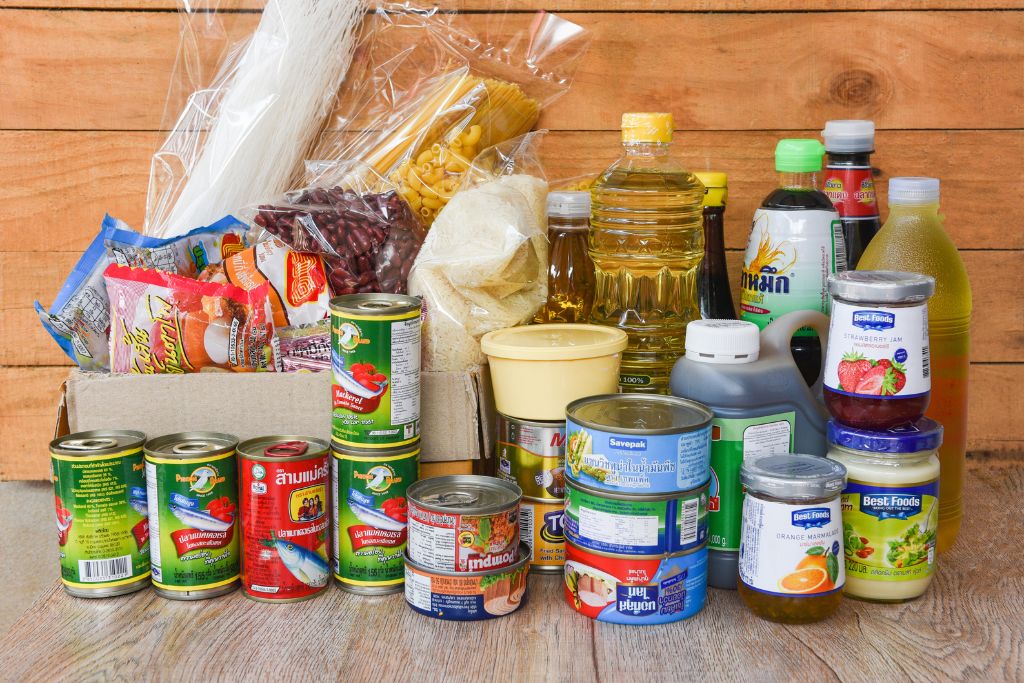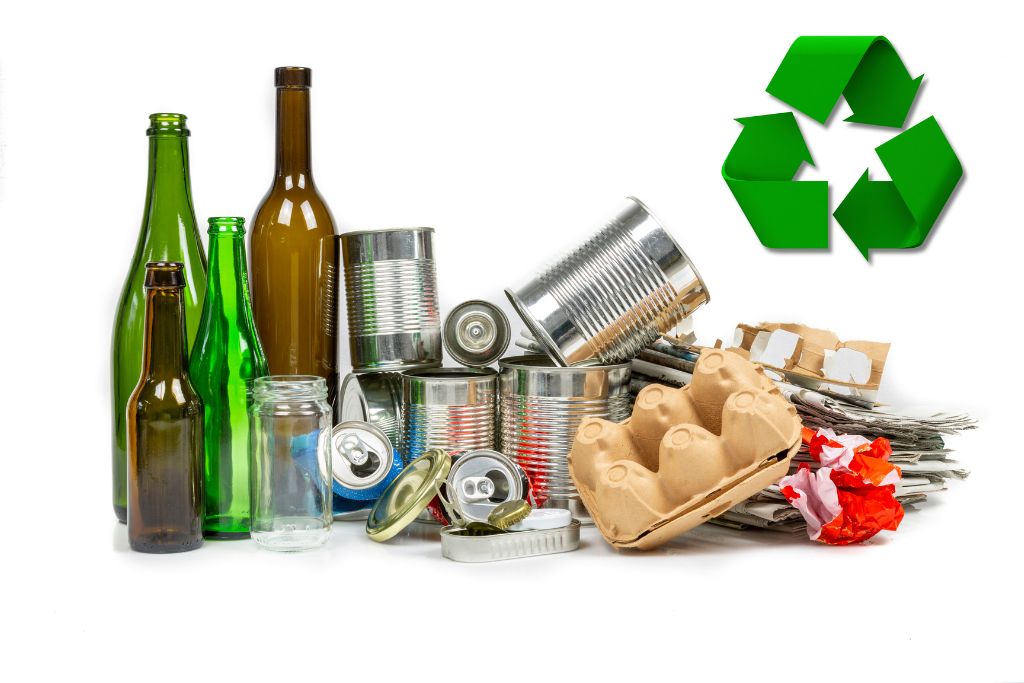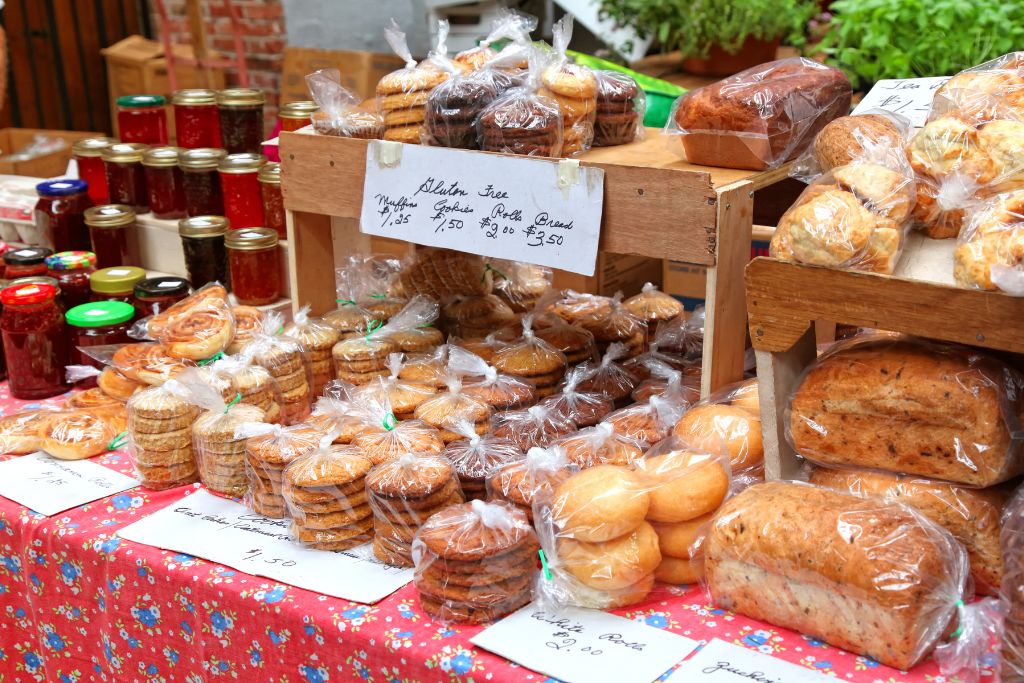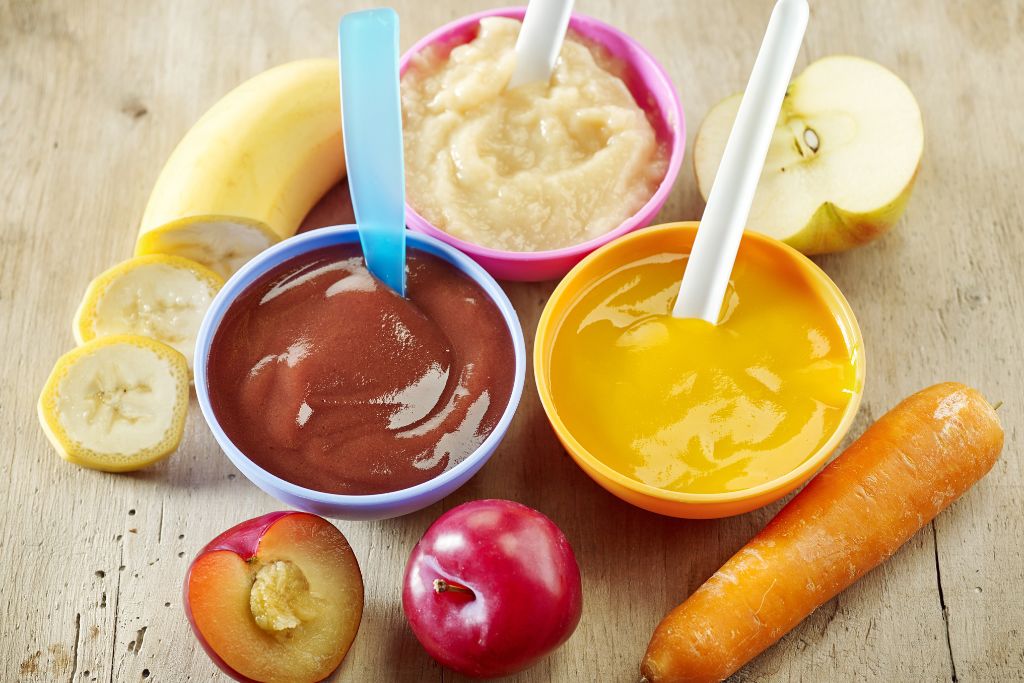Plastic has changed the way we keep food fresh and store it. It’s cheap, easy to get, and not hard to find. But have you ever thought if putting food in plastic to keep it fresh changes the quality of the food? The truth is that it does, and in this blog post, we’ll talk about how plastic can hurt the quality of food. Read on to find out why plastic may not be the best choice for your next meal prep session. You’ll learn about its past, how it keeps food fresh, and how, in the end, it makes food less healthy.
Putting food in plastic containers to keep it fresh hurts the quality of the food.
Plastic is a flexible material that has changed the way we live, but it might not be the best way to keep food fresh. Putting food in plastic to keep it fresh hurts the quality of the food in a number of ways. One big problem with using plastic to keep food fresh is that it can get dangerous chemicals into the food. Chemicals like BPA and phthalates can seep into food over time, especially when the food is hot or acidic.
Also, plastic doesn’t let air move through it, which makes it a great place for bacteria to grow. This causes the food to go bad and lose some of its nutritional value. Also, plastics are made to last forever, but they can get scratches and cracks after being used a lot. These cracks are home to bacteria that can make your stored things even less good or even make them unsafe to eat.

At first glance, plastic might seem like an easy solution because it’s cheap and easy to use. However, using plastic could be bad for your health because it reduces the nutritional value of food and increases the risk of contamination from harmful chemicals and bacterial growth.
The history of plastic and how it helped keep food fresh
Plastic has been around since the 20th century when it was first made for business use. At first, it was thought to be a miracle material because it could be made into any shape. Plastic made its way into the food business as a packaging material over time because it is cheap and lasts a long time. It changed everything about how food is stored and moved around the world. Plastic has been used to keep food fresh because it keeps air out, which slows down the process of food going bad. Compared to traditional ways like canning or pickling, this made it a good choice.

But over time, studies have shown that many plastics contain harmful chemicals that could get into the food kept in them. Some plastics have Bisphenol A (BPA), phthalates, or other chemicals that can mess with hormones and cause cancer, infertility, and other health problems. When deciding how to store your food, you should always think about how your choices might affect your health and the world.
How Plastic Keeps Food Fresh
Plastics have been widely used to package and store food for many years. Plastic is often used to keep food fresh because it creates a barrier that keeps air, moisture, and other outside elements from coming in touch with the food. In addition to acting as a barrier, some kinds of plastic can also stop bacteria from growing, which makes some foods last longer before they go bad. This is done with the help of antibacterial agents that are put right into the plastic when it is made.
Plastics also help keep food fresh by letting companies make packages that are vacuum-sealed. By vacuum sealing, all of the air inside the package is removed. This helps keep the food from going bad and reduces oxidation. Also, many kinds of plastic are flexible and light, which makes them perfect for packing things that go bad quickly, like fruits, veggies, meats, poultry, etc. Because they are flexible, these goods can fit snugly in their packaging and still be safe from damage or contamination.

Even though using plastic to keep food fresh and in good condition has some positive effects, there are also some negative effects on both human health and the environment that need to be thought about before choosing whether or not to keep using plastic for this purpose.
How plastic affects the quality of food in a bad way
Plastic is everywhere in our modern lives, and it has become the most common way to keep food fresh. But putting food in plastic containers to keep it fresh hurts the quality of the food. Leaching is a big problem that comes with using plastic. When plastic is exposed to high heat or acidic foods, some of its chemicals can get into our food. Scientists have found links between these chemicals and a number of health problems, such as cancer and hormonal issues.
Plastics also give off dangerous gases that can contaminate foods over time if they are stored for a long time. This not only changes the way the food tastes, but it also makes it less healthy. When plastics are used for long-term keeping, the problem gets worse. Over time, they tend to break down into tiny pieces called “microplastics” that are easy for both people and animals to eat. Microplastics have been found in fish, salt, honey, and other things we eat, which is very bad for our health.

To avoid these bad effects on your health from using plastic containers to store food, you might want to switch to glass or metal containers, which do not contain any harmful toxins and are therefore safe choices for keeping the air around stored vegetables clean.
In “The Impact of using plastic for preserving food quality,” we examine how plastic affects food quality. Guacamole is a crucial part of food preservation. By linking to “Reasons We Love Guacamole!,” readers can learn why this tasty dip is so popular. This shows how food preservation materials like plastic can affect the taste of favourite condiments like guacamole.
